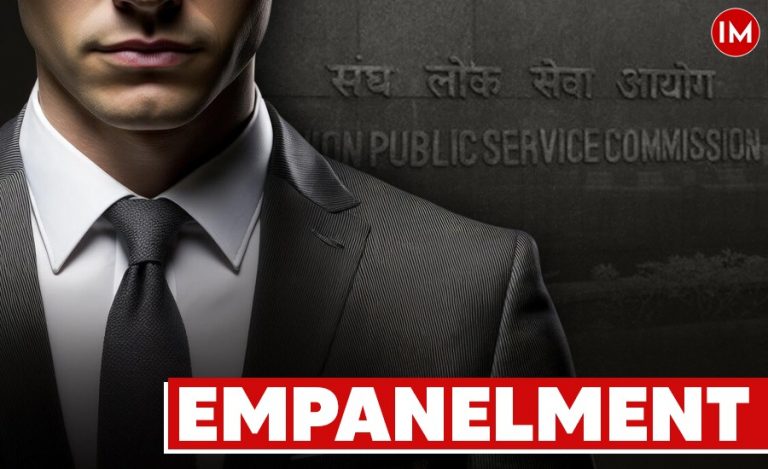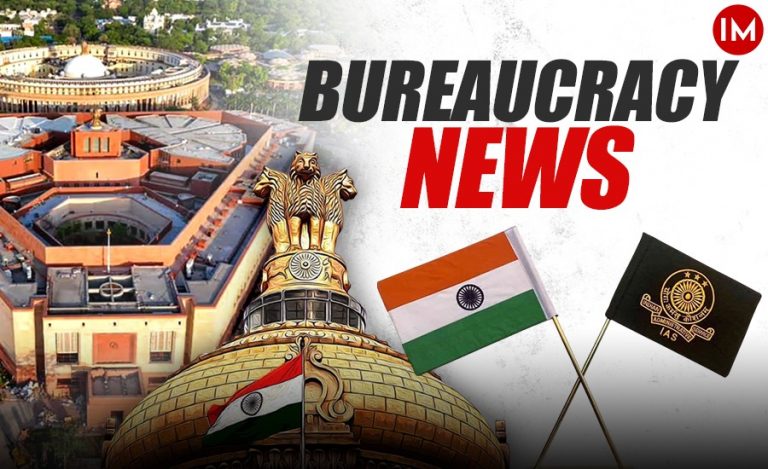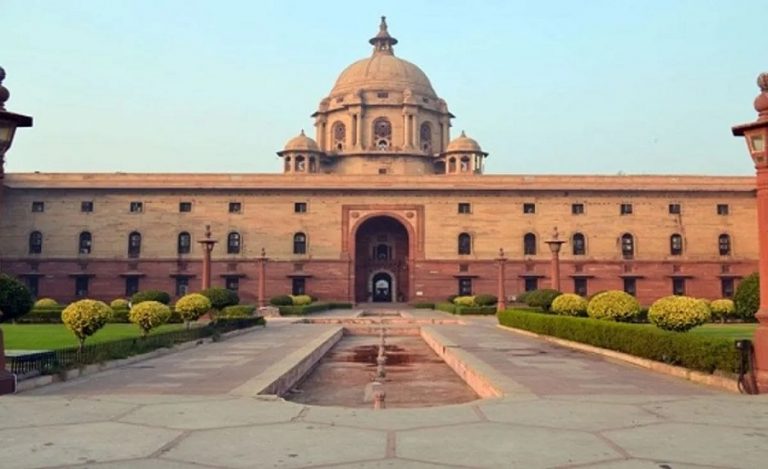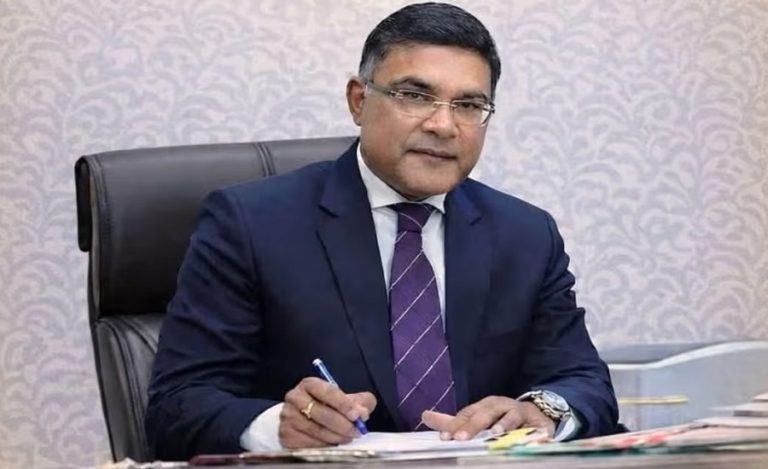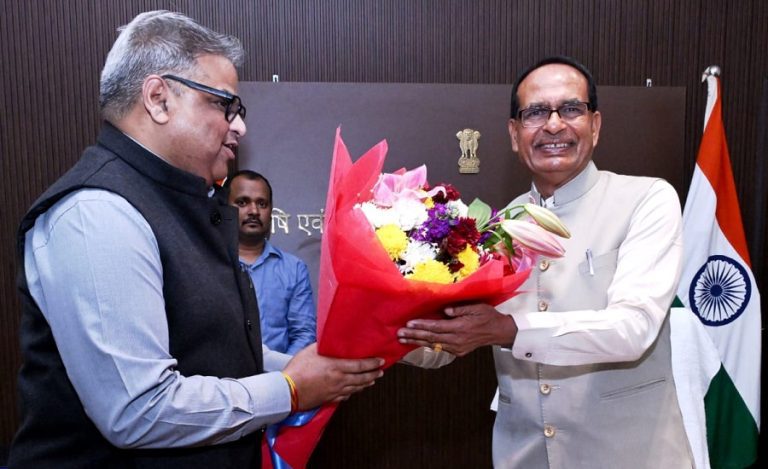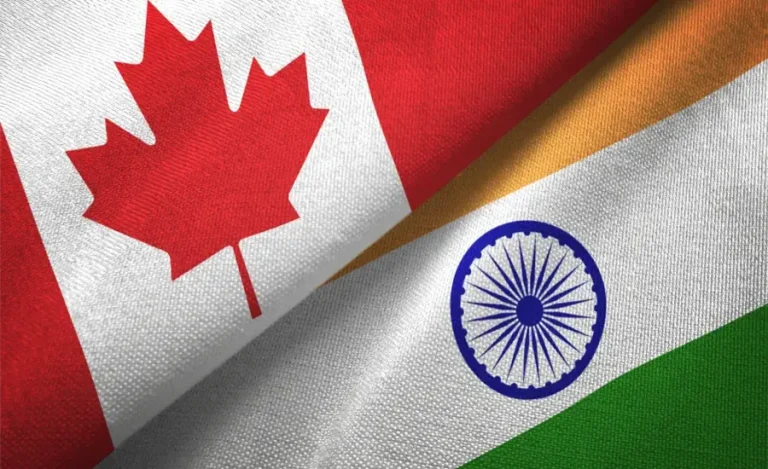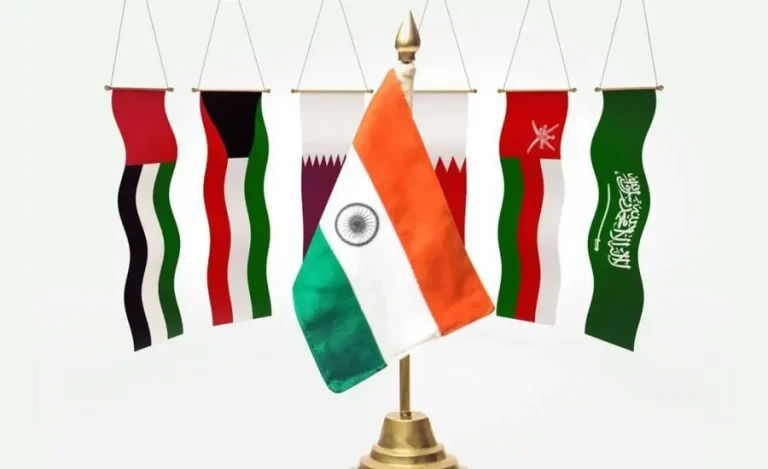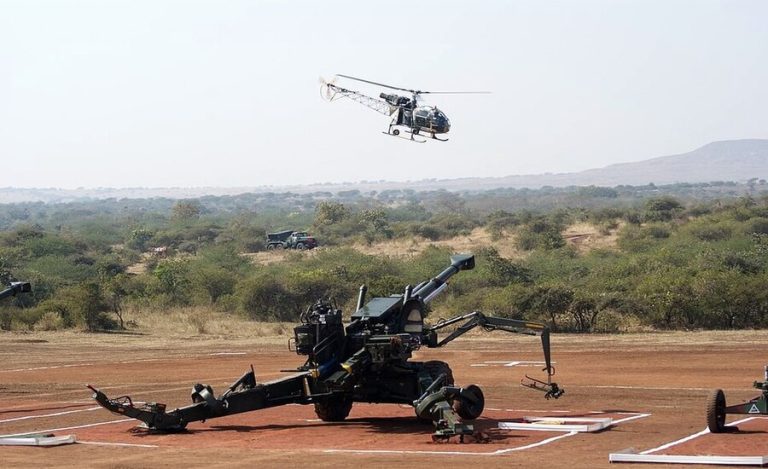Retired IAS officer, Mr. E A S Sarma (1965 batch Andhra Pradesh cadre), wrote to the Election Commission of India expressing his discontentment regarding one of Prime Minister Modi’s speeches (during one of his ongoing election rallies) where the PM (according to Mr. Sarma) allegedly breached election campaign rules.
The contentious issue arose during the Prime Minister’s visit to Tamil Nadu, where he criticised the opposition (INDIA) bloc’s remarks on “nari shakti” and “matru shakti” — citing it as an insult to Hinduism. PM Modi had said, “In its rally in Mumbai’s Shivaji Park, the ‘INDI Alliance’ openly announced that it wants to destroy the shakti that the Hindu religion has faith in. Everyone in Tamil Nadu knows what Shakti means in the Hindu religion. The people of the ‘INDI Alliance’ repeatedly and deliberately insult the Hindu religion.”
Mr. Sarma scrutinised the PM’s speech and accused him of violating the model code of conduct. Writing to the ECI, the retired bureaucrat urged the ECI to take prompt action against the PM. Mr. Sarma wrote, “Invoking the religious sentiments by a political leader during elections brazenly violates the model code of conduct. If what has been reported is factually correct, the commission should act on this urgently and initiate deterrent, exemplary proceedings against the person making such a statement.”
As of now, the ECI has given no official reply to Mr. Sarma. Perturbed by this, Mr. Sarma, in a follow-up letter to the ECI, asked whether the ‘seemingly independent constitutional body’ was hesitant to act independently, and it raised scepticism regarding the commission’s impartiality, particularly in light of recent changes in the law governing the appointment of election commissioners.
The ECI’s model code of conduct is an instrument to monitor the behaviour of governments, political parties, and politicians during election periods in an attempt to foster fairness and integrity in the electoral process. Violations of such code can result in notices and punitive action by the commission to bolster the prospect of free and fair elections.

